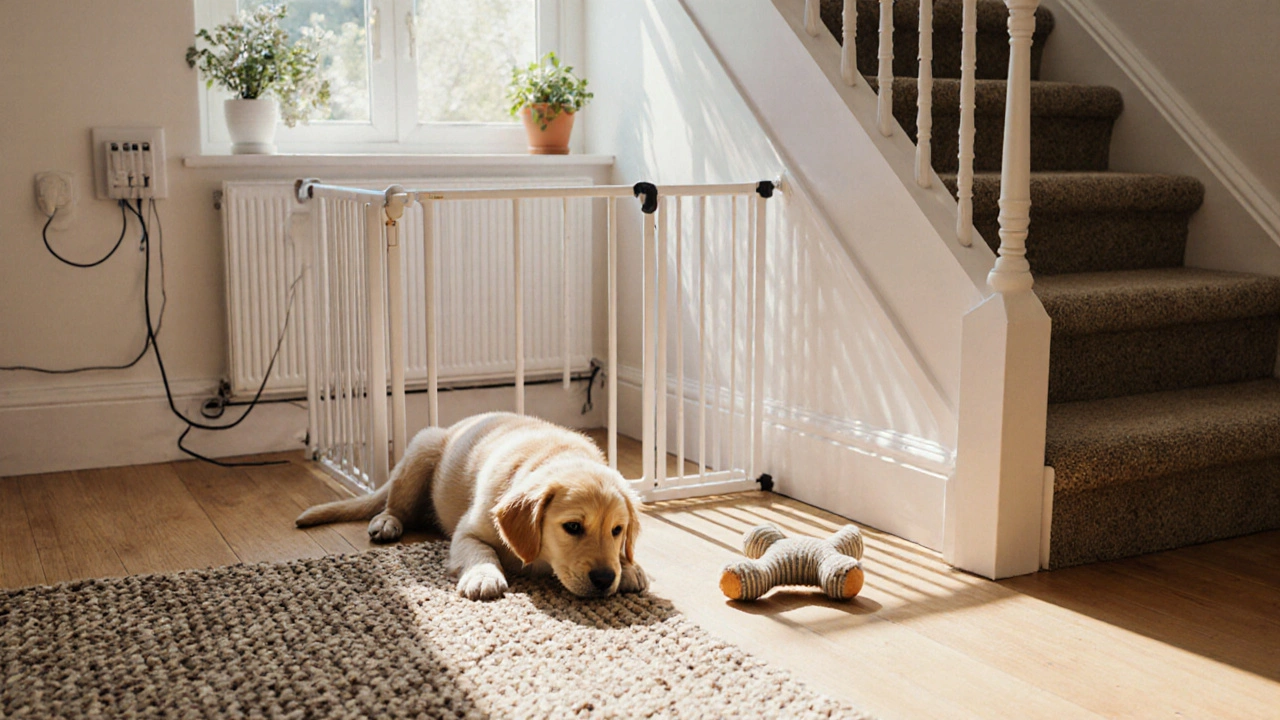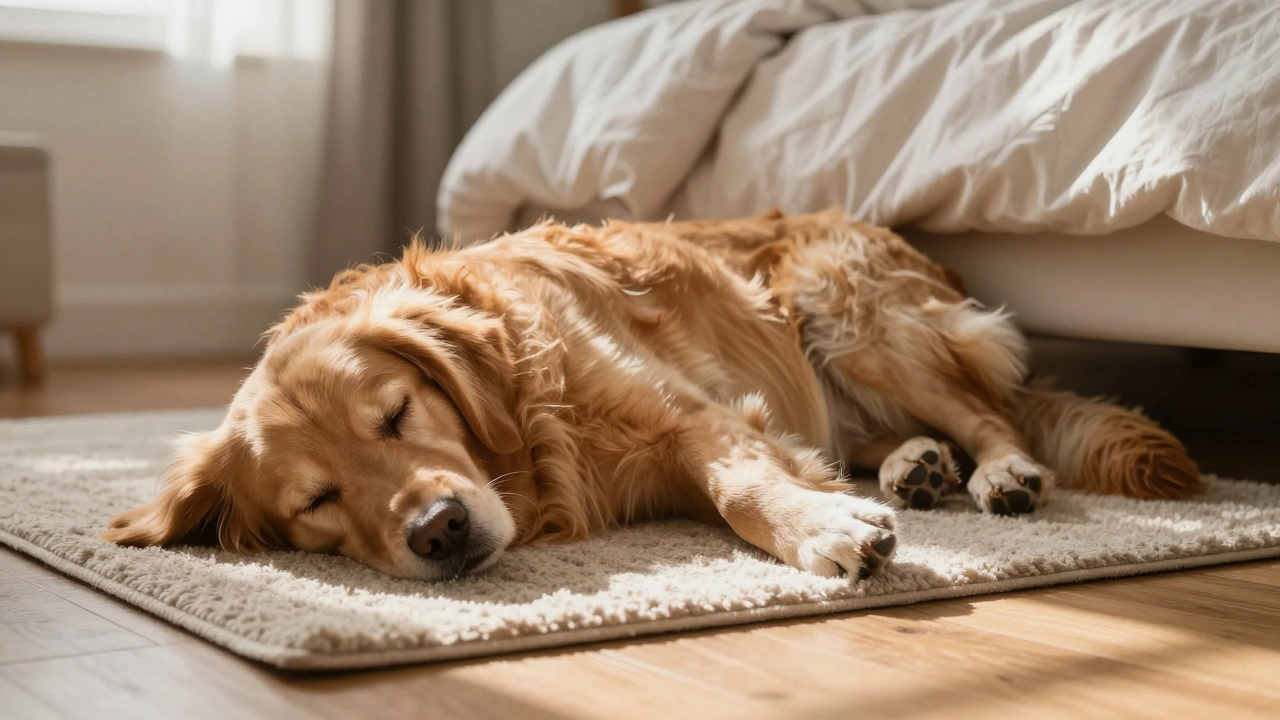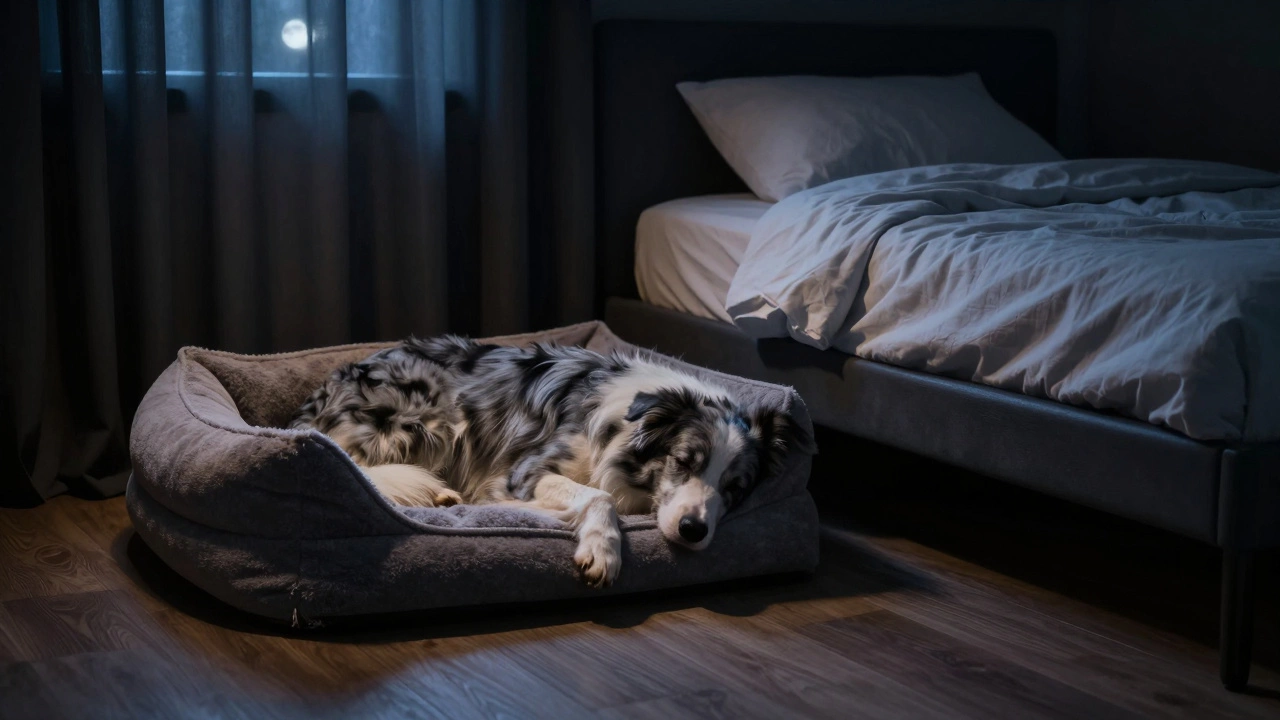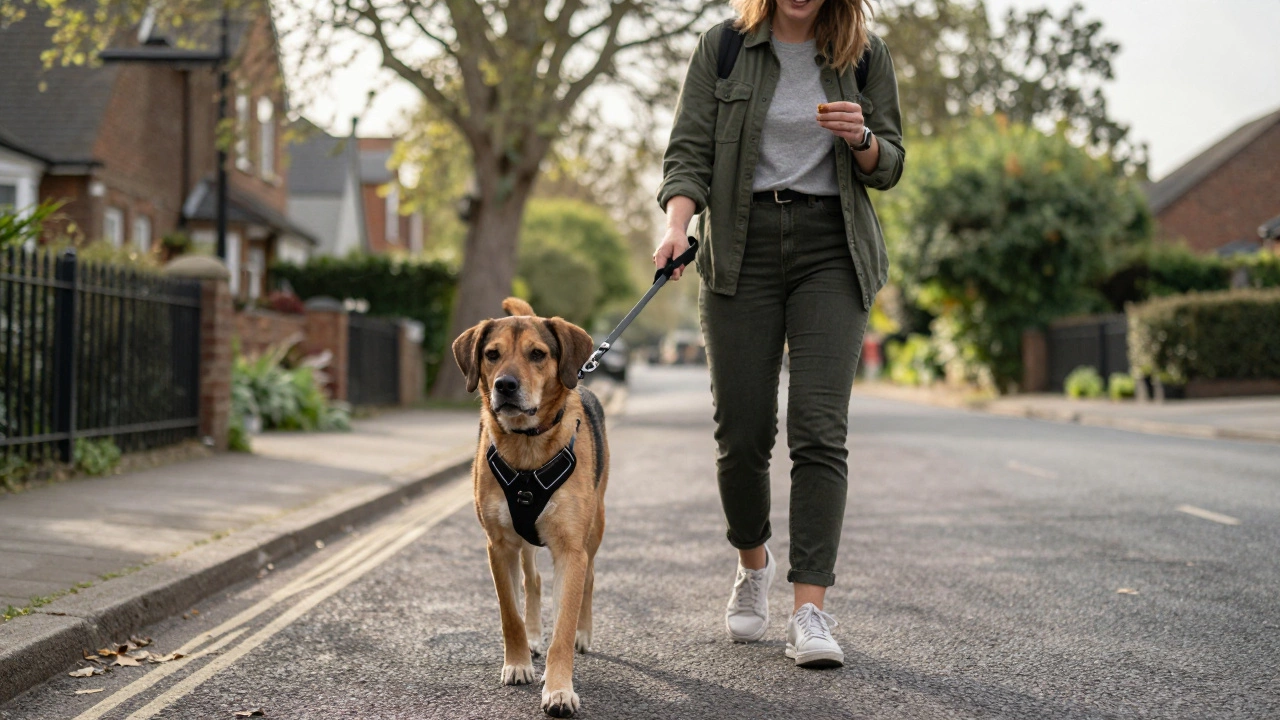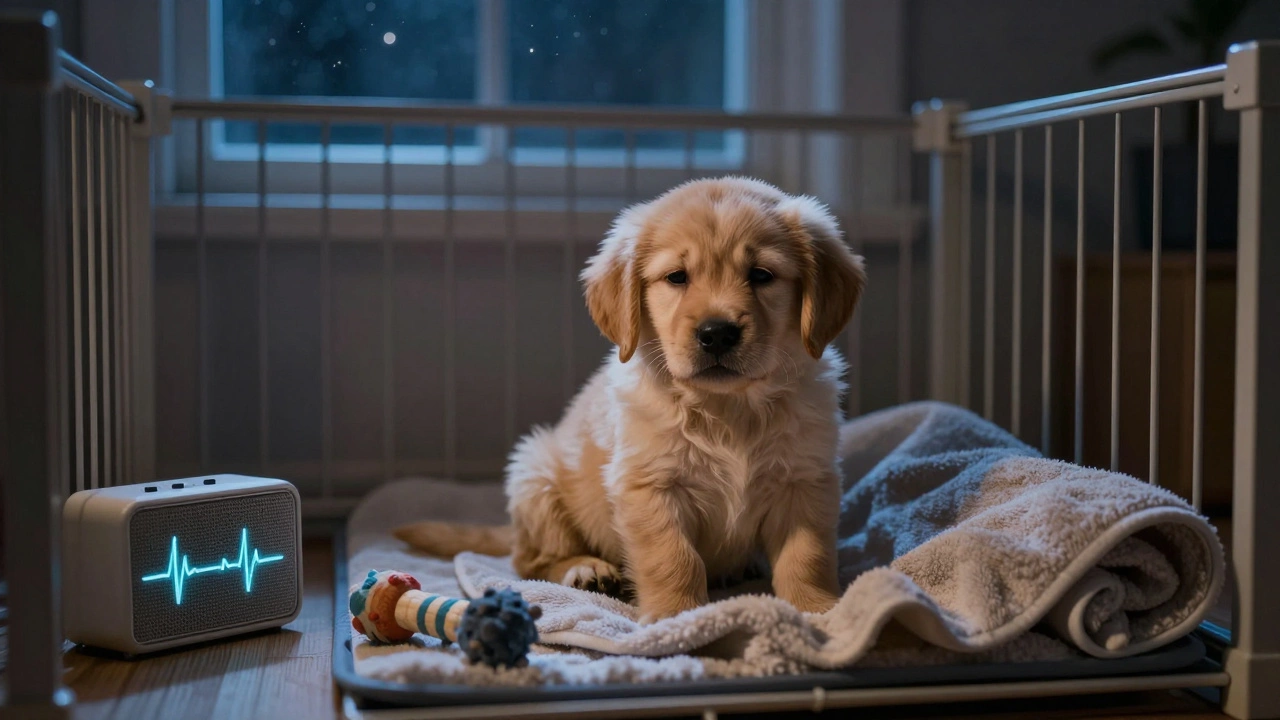8 Week Old Puppy Care: Essentials for a Happy, Healthy Pup
When you bring home a new puppy, 8 Week Old Puppy Care, the period when a puppy moves from the litter to a family home and needs proper nutrition, health checks, and early learning. Also known as young puppy care, it sets the stage for lifelong behavior and wellbeing. This stage is a blend of excitement and responsibility, and the right approach can prevent many common problems later on.
One of the first tools many owners reach for is crate training, a method that gives a puppy a safe, den‑like space while teaching boundaries. Crate training supports a puppy's sense of security and helps with house‑breaking. When introduced gradually, the crate becomes a cozy retreat rather than a punishment. Pair the crate with a comfy blanket and a chew toy, and you’ll see your pup settle more quickly during nap time and night sleep.
Health checks are non‑negotiable at eight weeks, especially vaccination, the series of shots that protect puppies from core diseases like parvovirus and distemper. A typical schedule starts with a combo vaccine and follows up every 2–4 weeks until the puppy is sixteen weeks old. Keeping a vaccination calendar handy reduces the risk of missed appointments and ensures you stay on track with your vet’s recommendations.
Beyond the physical basics, socialization, exposing a puppy to a variety of people, sounds, surfaces, and other dogs in a positive way is crucial at this age. Gentle introductions to new environments prevent fear‑based behaviors later. Short, fun outings to a quiet park or a friend’s home give the puppy confidence. Remember to reward calm curiosity with treats and praise; the goal is to make every new experience feel safe.
Key Areas to Focus On
Nutrition, training, health, and social experiences all intertwine during the eight‑week window. Choose a high‑quality puppy kibble that lists real meat as the first ingredient and feed on a regular schedule to establish routine. Pair meals with short training sessions that teach basic commands like “sit” and “come.” Consistency reinforces learning and builds trust. Meanwhile, keep an eye on bathroom habits; a well‑timed walk after meals and naps speeds up house‑breaking.
Sleep matters more than many owners realize. A puppy that gets 18‑20 hours of rest each day recovers faster from new experiences and grows stronger. Place the crate in a low‑traffic area, dim the lights, and consider a white‑noise fan to mask sudden sounds. If the pup whines, check for basic needs first—water, bathroom break, or a cold nose—but avoid reinforcing excessive crying by letting them out every time.
With these fundamentals in place, you’ll notice your puppy becoming more confident, cleaner, and eager to learn. Below you’ll find a collection of articles that dive deeper into calming techniques, safe travel tips, grooming tricks, and more—each one designed to complement the core steps of 8 week old puppy care and help you raise a well‑adjusted companion.
Best Spot to Keep an 8‑Week‑Old Puppy at Home
Learn how to safely set up a home space for an 8‑week‑old puppy, covering puppy‑proofing, confinement options, sleep area, bathroom training, temperature tips, and daily routine.

